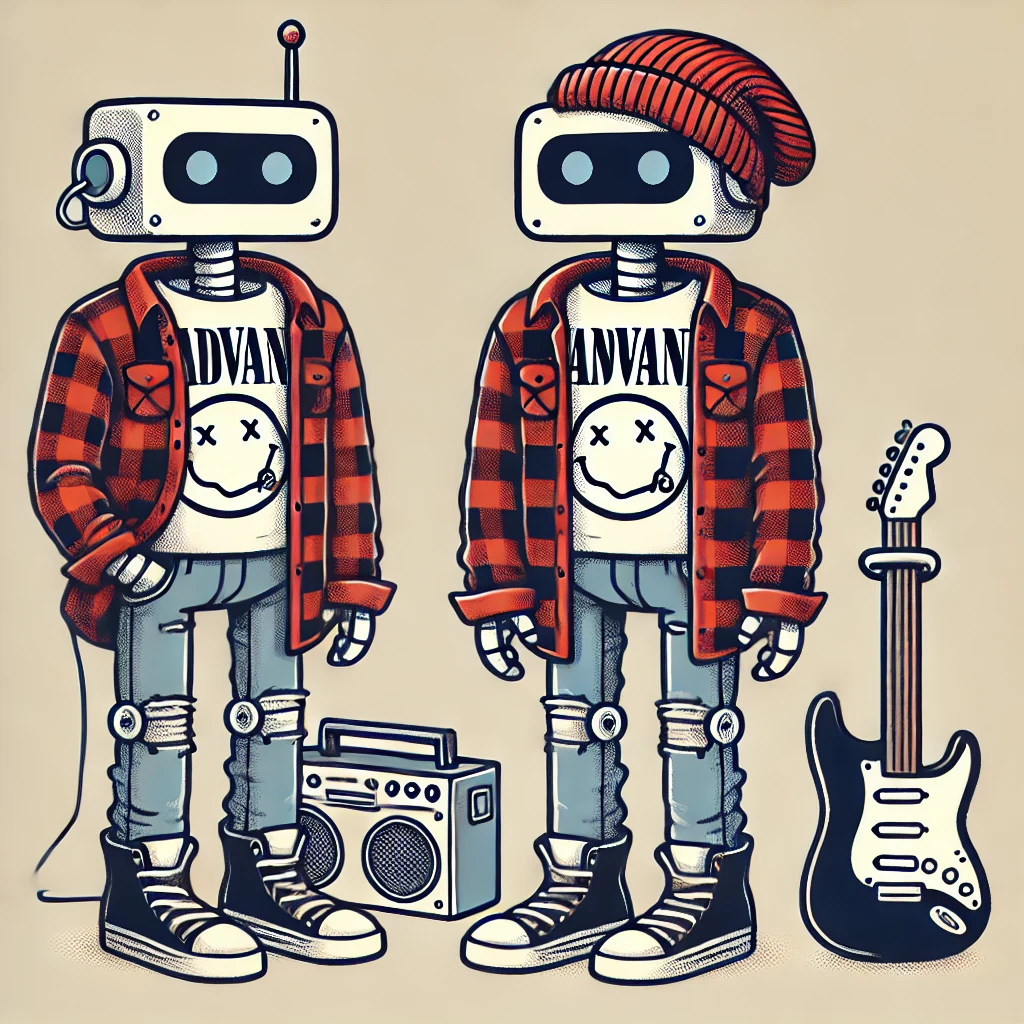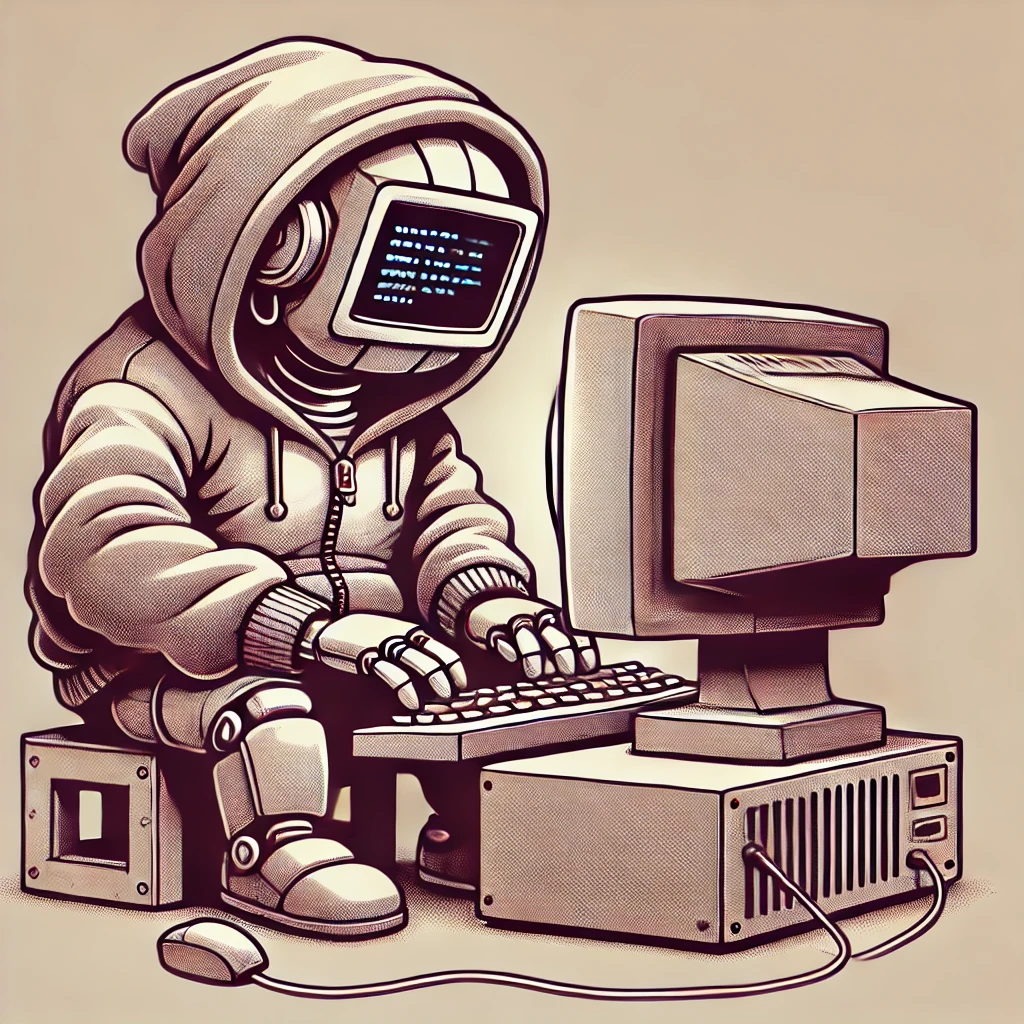As a geriatric Millennial I can say with absolute objective certainty that everything was better in the 90s, obviously the music but also the tech industry.
A lot of what Silicon Valley morphed into over this 20 year boom that followed the .com crash was really just cosplay of the 90s. The 90s was driven by a wild-eyed excitement that came from simply looking at the pace of progress, making conservative projections out and seeing that everything was going to change.
That same future forecasting is what’s driving the current AI hype bubble but just like the .com bubble they’ll likely miss the landing in the short term (i.e. stock market crash) but exceed everyone’s expectations in the long run (e.g. just like social media did in the 2000s).
I think the clearest signal of what’s driving the AI hype is the current near-exponential quality-to-cost ratio improvements we’re seeing on LLM models. AI models are returning better results, at a lower cost, which is improving at a rate that’s almost impossible to keep up with.
That kind of runaway progress is what the 90s was like in tech and it’s something that every tech startup since then has tried and mostly failed to generate, increasingly with technologies like VR and Crypto they’ve failed to even successfully mimic it.


